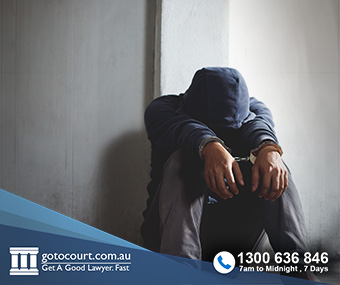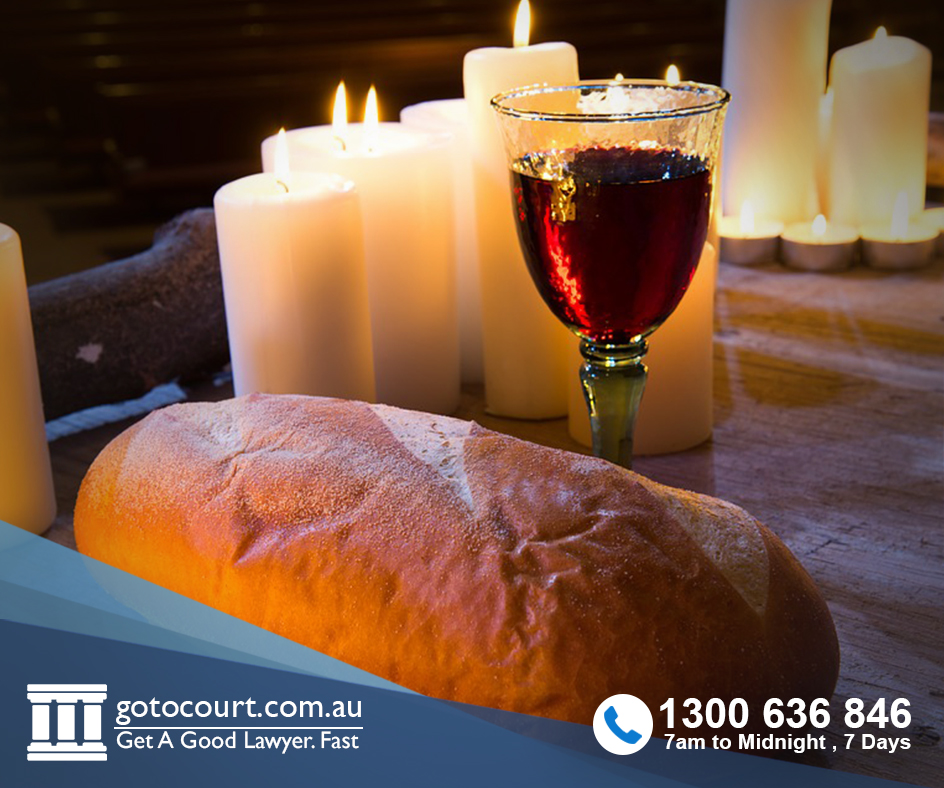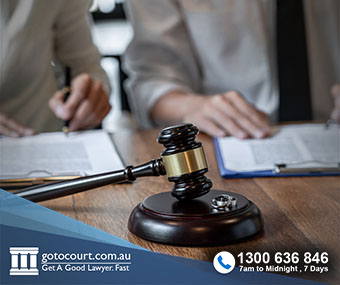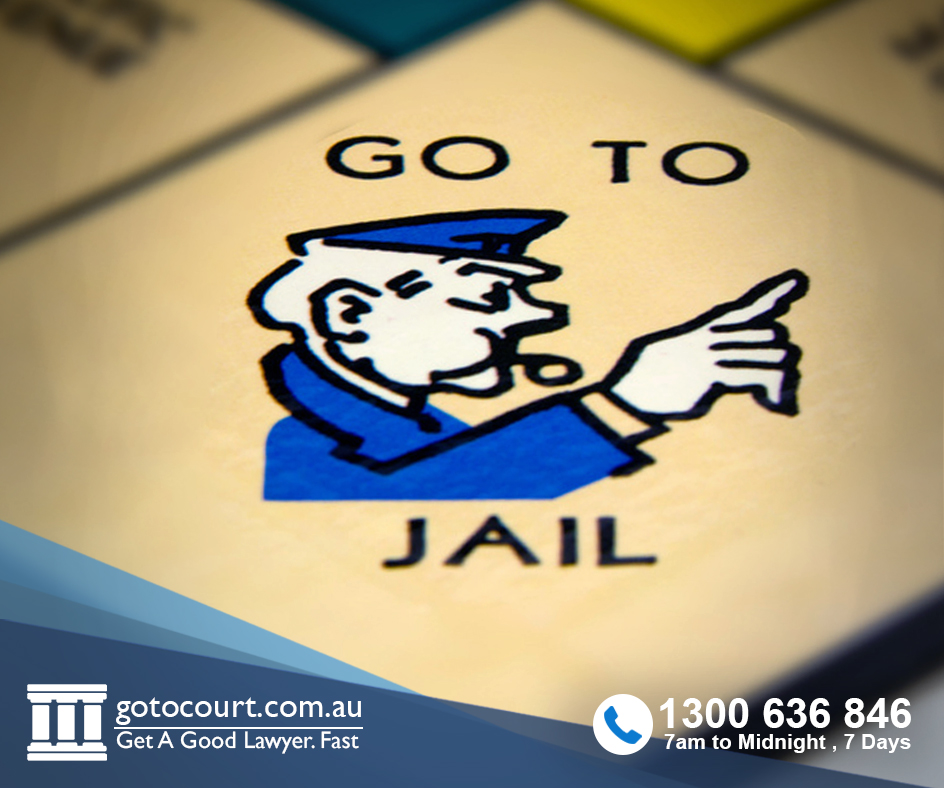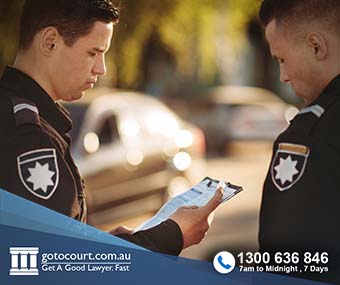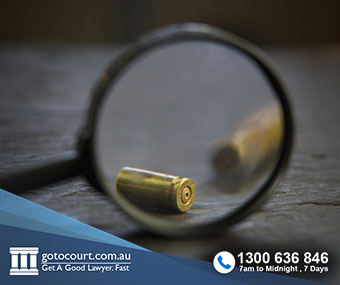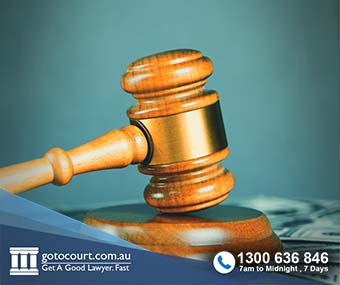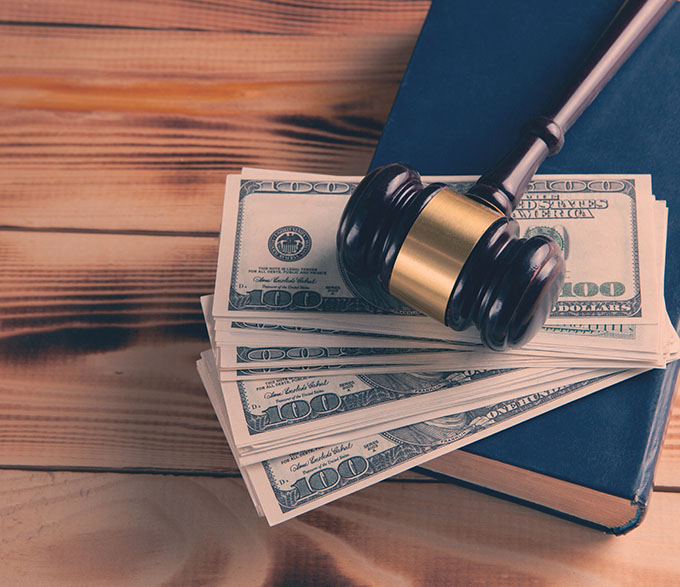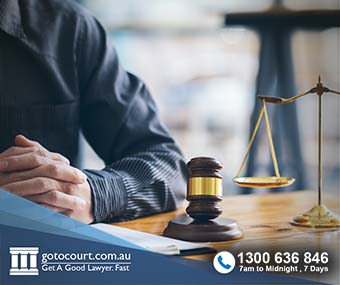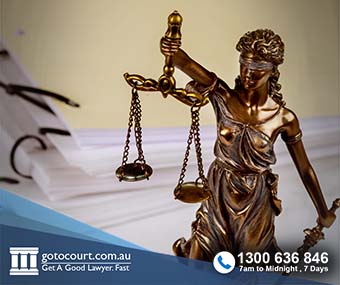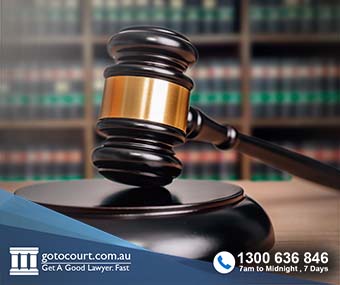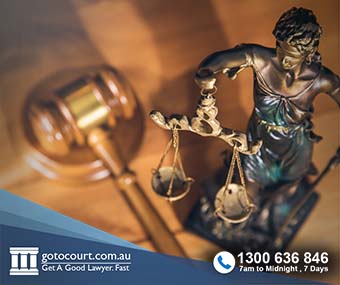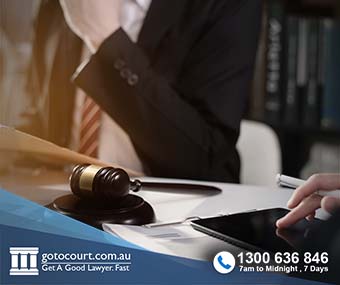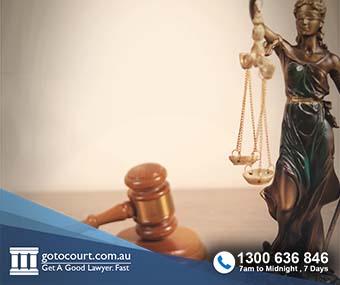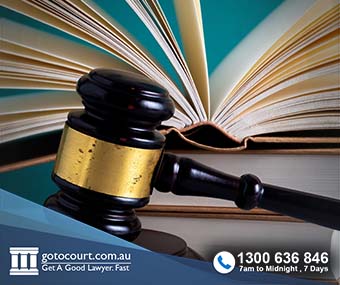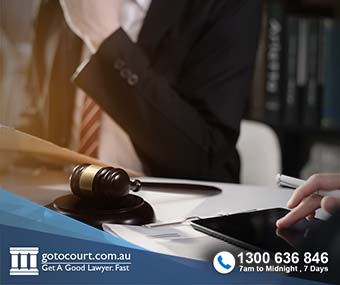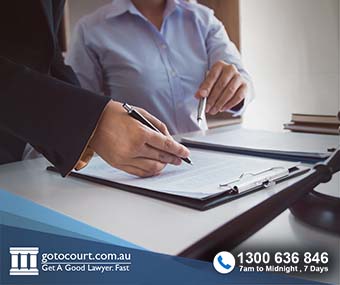The District Court (NSW)
The District Court (NSW)
The District Court of New South Wales is the state’s intermediate court. It sits above the Magistrates Court and below the Supreme Court. It deals with serious criminal matters, appeals from lower courts and civil matters. This article will deal with the criminal jurisdiction of the District Court.
Prosecution in the District Court
Private solicitors cannot prosecute trials in the New South Wales District Court. The New South Wales Office of the Director of Public Prosecutions is the prosecuting service and government agency responsible for prosecuting serious criminal offences in the New South Wales District Court.
Representation in the District Court
If you are charged with a serious criminal offence, it is important to seek legal advice and seriously consider the need for legal representation. Unless you are a trained and experienced legal practitioner who practices regularly in the area of criminal law, you likely won’t understand the complex legislation which governs NSW District Court Trials. However, there is no requirement that a defendant appearing in the District Court be legally represented. An accused can either appear legally represented or self represent. In saying this, it is rare for any person other than a legal practitioner to play an active role in the District Court Trial Process.
In any NSW District Court proceeding, an individual has the right to be assisted by a person known generally as a “McKenzie friend”. A McKenzie friend is a person who supports the accused throughout the proceeding but is not a legal representative and may not speak in court on the accused’s behalf. The McKenzie friend may assist by taking notes and offering advice.
Open court
Most District Court proceedings are heard in open court. This means that as the court is a public forum, the public is free to sit in court and watch the proceedings at any stage in the process. However, there are statutory provisions restricting the publication of evidence in some situations, for example where children are involved.
Local Court process
Before a District Court trial or plea commences, the accused will need to appear on several occasions in the Local Court. The Local Court process will often take many months or even over a year.
After an individual is charged by the NSW Police with a serious offence and has appeared on multiple occasions in the Local Court, the matter will generally proceed to the District Court.
Indictment
After a matter is committed to the District Court, the Director of Public Prosecution will prepare an indictment. The indictment must be presented to the court within a specified period of time after the committal. There is only one indictment before the court per individual. However, the indictment can list multiple charges and each charge must include a summary of the relevant allegations to which each charge relates.
Once the indictment has been presented, the court has power to conduct proceedings on that indictment. Such powers include issuing of subpoenas and amending the indictment to include additional charges.
Arraignment
Arraignment occurs when the charge in the indictment is read to the accused who is asked to enter a plea. At the time the indictment is read, the accused is placed in the dock. If the accused personally enters the plea of “not guilty” the accused will stand for trial.
If there is more than one charge, the accused is asked to plead to each individually as each charge is read out. Where there are multiple co-accuseds they can be arraigned on different occasions, however it is commonly the case they are arraigned on the same day.
Pre-trial orders
Once the accused has been arraigned, the trial court may make orders for the conduct of the trial. The court will generally make any such orders which are necessary to reduce delay in the proceedings. It is for the court to determine which (if any) such orders are suitable.
Empanelling a jury
Provisions concerning the jury are found in the Jury Act 1977. A jury panel is summoned by the sheriff and brought into court before the commencement of a trial. Often, the judge will discuss with counsel for both the accused and the Director of Public Prosecution matters that may impact upon a juror’s willingness or ability to perform his or her duty.
After the jury has been chosen, they are sworn in and the accused is placed into the charge of the jury by the judges associate. It is at this stage that the jury becomes aware of the charges in the indictment. It is the jury’s duty to arrive at a verdict based on the evidence. Once the jury has been empanelled a District Court Trial commences.
Sentencing in the District Court
If an accused is found guilty at trial, or if they plead guilty at arraignment, the matter proceeds to sentence. The District Court has the power to impose a wide range of sentencing orders, including an immediate sentence of imprisonment, suspended sentences of imprisonment and various community-based orders. The maximum periods of imprisonment that can be imposed by the District Court are significantly longer than the maximum periods that can be imposed by the Magistrates Court.
If you require legal advice or representation in a District Court matter or in any other legal matter, please contact Go To Court Lawyers.

Affordable Lawyers
Our Go To Court Lawyers will assist you in all areas of law. We specialise in providing legal advice urgently – at the time when you need it most. If you need a lawyer right now, today, we can help you – no matter where you are in Australia.How It Works




1. You speak directly to a lawyer
When you call the Go To Court Legal Hotline, you will be connected directly to a lawyer, every time.

2. Get your legal situation assessed
We determine the best way forward in your legal matter, free of charge. If you want to go ahead and book a face-to-face appointment, we will connect you with a specialist in your local area.

3. We arrange everything as needed
If you want to go ahead and book a fact-to-face appointment, we will connect you with a specialist in your local area no matter where you are and even at very short notice.


